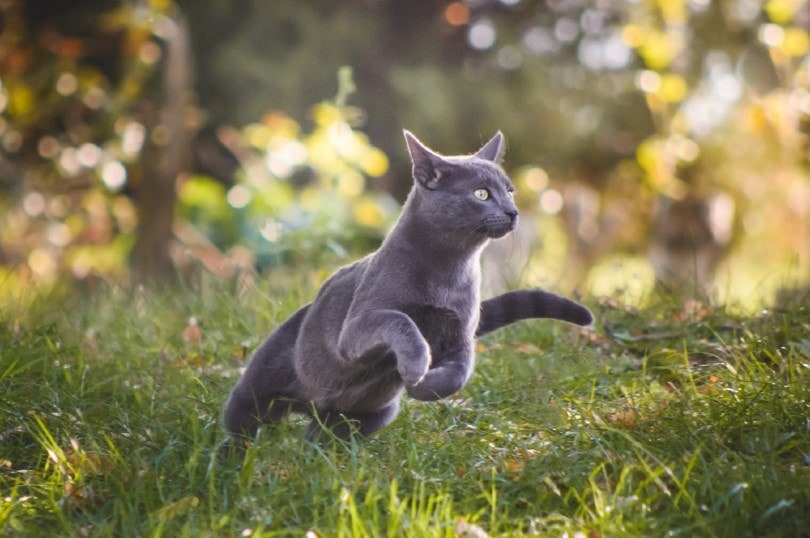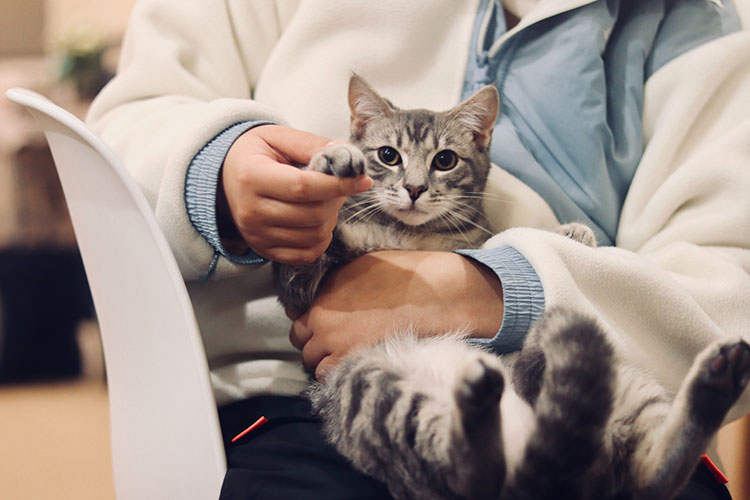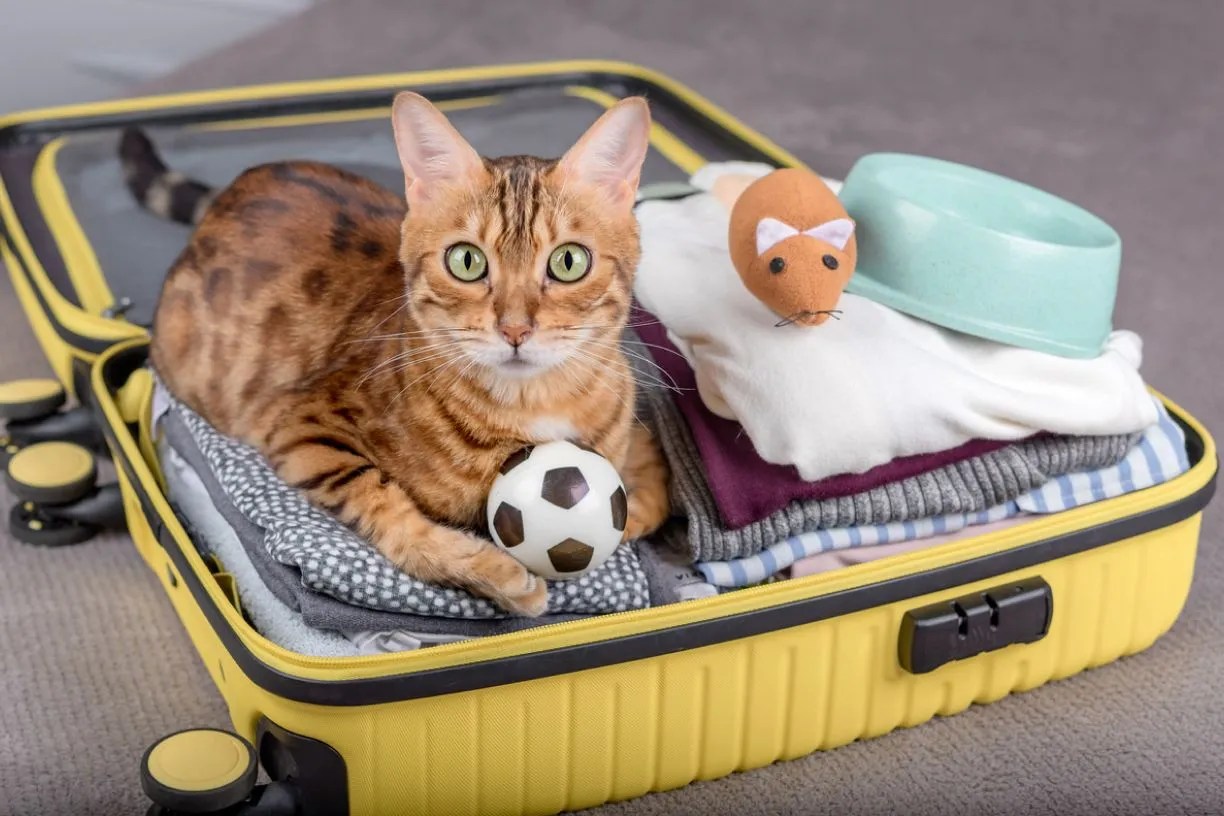As our beloved feline friends age, they may experience changes in their health and behavior that require extra attention and care. Senior cats often require special accommodations to ensure their comfort and well-being. In this article, we’ll explore some effective ways to help your senior cat stay comfortable and content in their golden years.
- Create a Comfortable Environment:
- Provide soft bedding: Invest in cozy, supportive bedding that is easy for your senior cat to access and provides adequate warmth and comfort.
- Ensure easy access to resources: Place food, water, litter boxes, and resting spots in easily accessible locations to prevent unnecessary strain on your cat’s aging body.
- Maintain a comfortable temperature: Keep your home at a comfortable temperature to prevent your senior cat from getting too cold or too hot, as older cats may be more sensitive to temperature changes.
- Support Mobility and Exercise:
- Provide gentle exercise opportunities: Encourage light play sessions with interactive toys to help keep your senior cat mentally and physically stimulated.
- Consider ramps or steps: Help your senior cat navigate furniture and elevated surfaces by providing ramps or steps to reduce the need for jumping, which can be challenging for aging joints.
- Offer support during grooming: Assist your senior cat with grooming tasks such as brushing or nail trimming to help them maintain their hygiene and comfort.
- Monitor Health and Nutrition:
- Schedule regular veterinary check-ups: Keep up with routine veterinary care to monitor your senior cat’s health and address any emerging issues promptly.
- Adjust diet as needed: Consult with your veterinarian to determine the best diet for your senior cat’s specific needs, which may include senior-formulated food or dietary supplements to support joint health and mobility.
- Provide access to fresh water: Ensure your senior cat has easy access to clean, fresh water at all times to prevent dehydration, especially if they have kidney issues common in older cats.
- Foster Emotional Well-being:
- Provide companionship: Spend quality time with your senior cat, offering gentle affection and reassurance to help alleviate any anxiety or stress they may experience.
- Create a safe and secure environment: Minimize loud noises and stressful situations that may cause your senior cat distress, and provide quiet, secluded spaces where they can retreat if needed.
- Monitor for signs of cognitive decline: Keep an eye out for changes in behavior or cognitive function, such as disorientation or confusion, and consult with your veterinarian if you have concerns.
By implementing these tips and providing attentive care, you can help ensure that your senior cat enjoys a comfortable and fulfilling life in their later years. Remember to prioritize your cat’s unique needs and consult with your veterinarian for personalized advice and guidance on caring for your aging feline companion. With your love and support, your senior cat can continue to thrive and enjoy their golden years to the fullest.





















































































